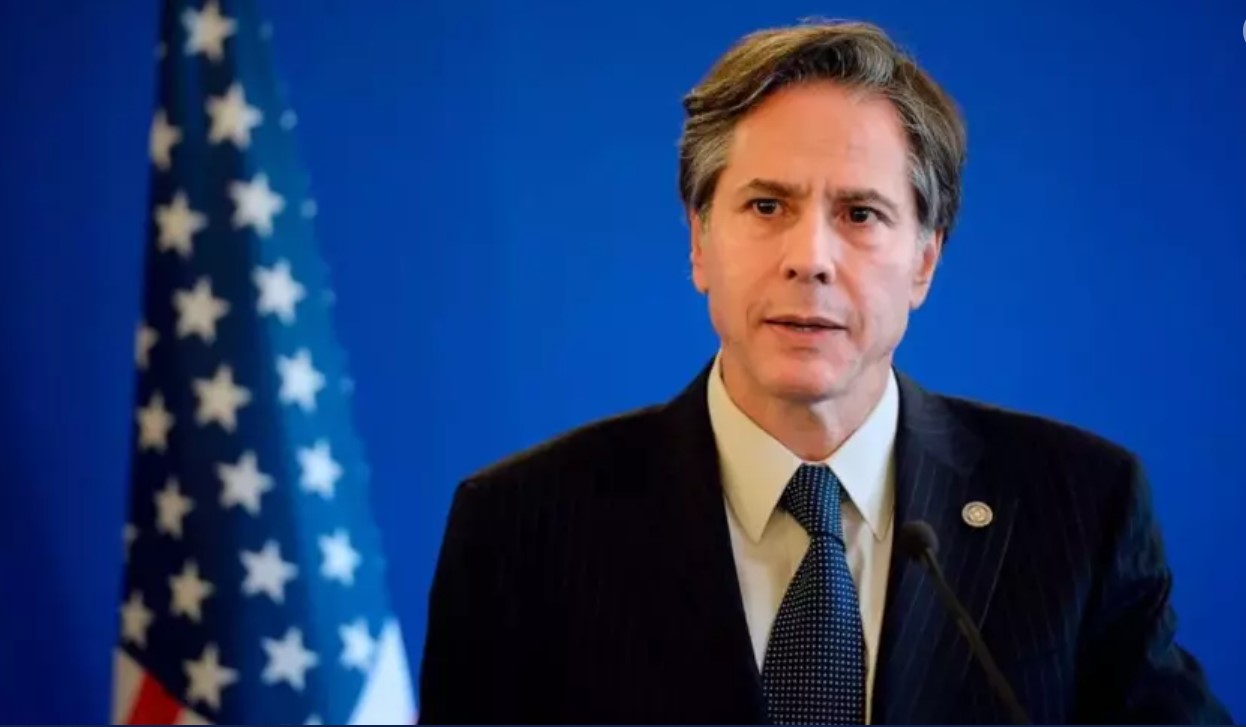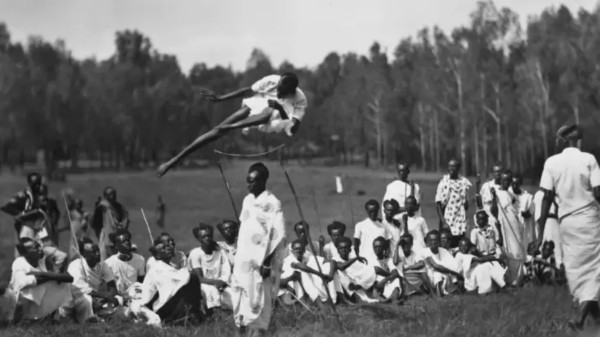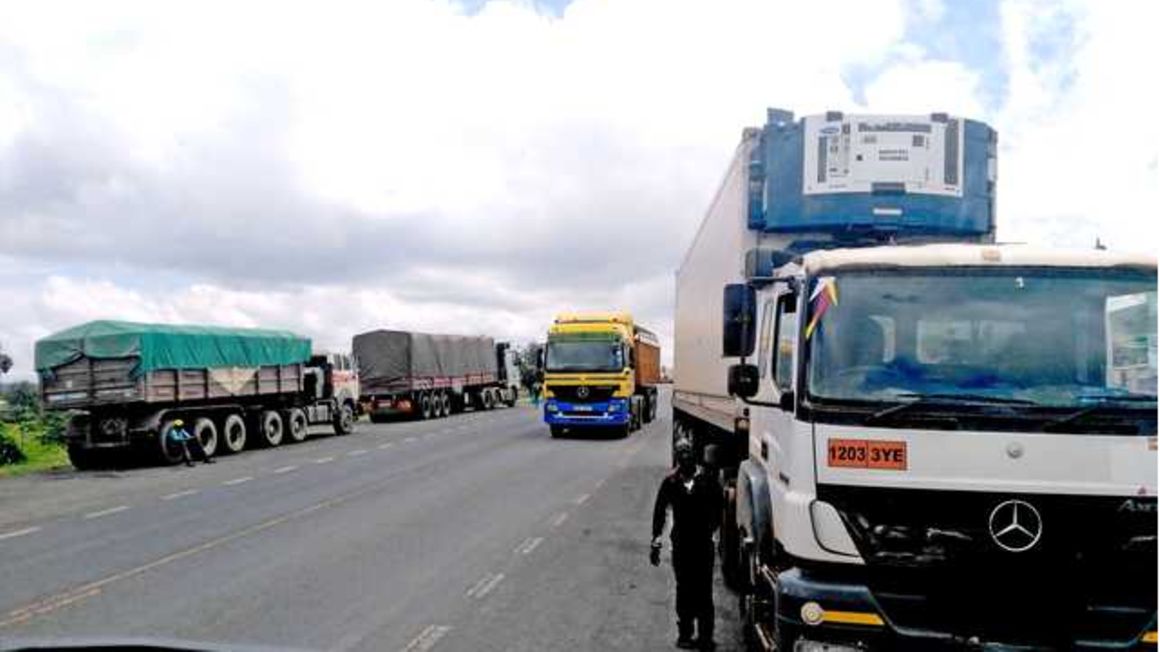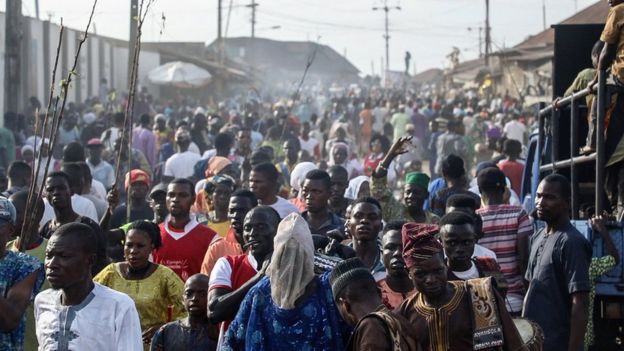Optinion
Antony Blinken: Nothing is as it seems in the African Great Lakes region

Next
week the American Secretary of State Antony Blinken will visit Rwanda and
Congo. As the tensions in the region are very high with an ongoing war in the
Kivu’s between the M-23 rebels and the Congolese army, with the UN-force
MONUSCO in the defensive for not being efficient enough to deal with all these
problems and with all these problems and the growing criticism against Rwanda
for having lured the Hollywood hero Paul Rusesebagina in a trap and having him
condemned to 25 years behind bars this visit comes at a crucial moment.
Two days ago, members of a UN research group talked to colleagues of Reuters
and they showed them so called facts that the Rwandan army was directly
involved with the M-23 rebellion north of Goma. This news was preceded by a
Human Rights Watch paper in which Rwanda was also accused to support the M-23.
A
lot of Congo watchers think that you’ll be travelling to this region to tap
Rwanda on its fingers. This might help to solve the situation for a couple of
months but it would not solve the problem on the longer run. Nobody owns the
truth in this matter but we have the impression that the US and especially the
US government is not well enough informed about this very complex crisis.
Looking at it through sunglasses that were purchased on Hollywood’s Sunset
Boulevard, taking the findings of a UN research group and an organization such
as HRW for granted and mainly listening to the small army of foreign diplomats
and military attaches who are based in Kinshasa is not going to help either.
Because your government might issue statements it might regret later on.
Rwanda
is an important and one of the most reliable allies of the US in this region
and the country is involved in the struggle against Muslim extremism in other
African countries, in other countries on this continent they provide counter
balance against the growing Russian (Wagner) influence on this continent. On
top of that their arguments about what is really happening in Rwanda and in the
DRC might also have their own validity. You’ll be walking on eggs when you
visit this region, Mister Blinken. And we’ll try to give you the list of the
most important obstacles you’ll have to pass to make it back to the States
without holes in your pants.
- Your government calls the arrest and the
trial of Paul Rusesebagina unjust and not fair. It seems to have a problem
with the way the Hollywood hero was lured into a trap, flown back to
Rwanda with his glass full of champagne and arrested upon arrival.
Earlier on he had expressed himself openly on the social media that he was
heading the FNL, the so called ‘National Liberation Front’ of Rwanda that
wanted to chase president Kagame from power via an armed struggle. This
group was formed in collaboration with other groups such as the FDLR and
the so called P5 (other opposition groups). The FDLR is an official
terrorist organization and this was even acknowledged by your own
administration. Rusesebagina was running this operation out of Texas, on
American soil. The Belgian police had passed on evidence to the
Rwandan authorities to back up most of these facts. Your security and
intel services were also fully informed but let this all happen. In
the meanwhile, Rusesebagina’s FNL started killing innocent people in the
south of Rwanda and it became clear that his group played a key role in a
lobby that wanted a regime change in Kigali. It is difficult to compare
Rusesebagina’s actions with those of Osama Bin Laden but the Rwandan
authorities decided to cut off the grass in front of his feet to prevent
further damage. They trapped him and he was sentenced with more than
20 of his collaborators for his crimes.
Paul Rusesabagina
- The Rwandan government already issued a
statement that Rusesebagina will stay where he is after you leave Rwanda.
Others think that you should also first talk to his victims before you
issue a new statement about this issue. If you want to punish the country
for this (for not showing grace to Rusesebagina) the Rwandans will accept
this but they will not change their decision. Treating Rwanda simply as a
bad and disobedient pupil in the class room for the way they handle the
Rusesebagina issue would be unwise: especially when the headmaster of the
school is also engaged in even more dubious tactics to neutralize its
opponents. But that seems to be normal because he’s the boss!
- Another hot issue Blinken will have to
tackle during his visit is the situation in North-Kivu where the M-23 is
currently engaged in an open war with the Congolese army and gaining
ground every day. Several sources such as the UN, HRW and the Congolese
government itself are accusing Rwanda to have a hand in this rebellion. In
fact, more than 100 other rebel groups are present in this part of the DRC
and the Muslim ADF-Nalu and another group that calls itself CODECO are the
most violent of them. Another destabilizing factor is the presence of the
FARDC (Congolese army) itself as it has been proven numerous times that
most of the weaponry used by all these militias comes from that source and
most of the human rights abuses have to be noted on their CV.
A recent report even showed that the M-23 even was amongst the
less violent kids on the block in this area. But they are getting all the
attention.
- The region witnessed two other Tutsi led
rebellions in the past: the first one was led by Laurent Nkunda and the
second one by another former officer of the Rwandan army, Sultani Makenga.
Both of them are Congolese Tutsi’s and they took up arms to protect their
families and their possessions after they came under treat from the
Rwandan Hutu extremists that were used by the politicians and the
presidents in Kinshasa to do their fighting. In each case the government
of Paul Kagame in Rwanda was accused by the local authorities to support
these rebellions. And it is true that at that time Kigali was closely
involved. The biggest reason why Kigali did this was to prevent the
FDLR to infiltrate Rwanda. Under immense international pressure Kigali put
an end to its support to Makenga en Nkunda. In 2013 Makenga withdrew to
Uganda where he and his men ended up in refugee camps. They had signed
deals with the Congolese government to be reintegrated into the FARDC,
with the guarantee that their relatives who were all staying in refugee
camps in Rwanda could go back to their villages in eastern Congo. But
these deals were never respected. So, at the end the M-23 returned to
Congo where they took up positions on the slope of a very difficult to
attack volcano. From there they started to stage a small-scale guerrilla
war to remind the central government about their previous promises. But
that also failed: Kinshasa now started to brand them as a terrorist
organization and refused to talk to them.
- The relationship between the M-23 and
the Rwandan government is very easy to explain but sometimes also very
difficult to understand for outsiders. Both are very much Tutsi orientated
and many Congolese Tutsi’s have relatives in Rwanda. Others obtained
Rwandan citizenship over the years but still feel Congolese. Many officers
within the M-23 started their careers in the Rwandan army, fought other
wars in Congo for other organizations and had finally ended up in the
rebel group of Laurent Nkunda and/or Sultani Makenga. New recruits were
easily found in the refugee camps in Rwanda and in Uganda. The fact that
the M-23 was able to regain strength came hand in hand with the fact that
the Ugandans, who were engaged in a political standoff with the Rwandan
government started to re-equip the FDLR in Congo. When Rwanda and Uganda
settled their differences, this support stopped but the M-23 and the other
remaining Tutsis in Congo were forced to defend themselves. They raided
FARDC weapon stocks and were able to stage more attacks. To describe
this whole story in detail would be very complex and nearly
un-understandable for many outsiders. But the whole situation evolved in
what we see today: the FARDC was no match for the better motivated M-23
who received moral support from the whole Tutsi community in Congo, Rwanda
and in Burundi. Some Congolese Tutsi families had sons under arms in the
RDF (Rwandan army) and others in the M-23. Others were demobilized after a
5-year long tour of duty in the RDF and went straight to the M-23 to fight
the FARDC and the FDLR. Being Congolese Tutsis, this was a natural thing
for them to do.
- What the international community also
fails to understand is the fact that Rwanda remained under treat from the
beginning in 1994 until now. A lot of prominent genocidaires escaped to
Congo and to Europe and started to reorganize themselves. But the contacts
with the Hutu extremists in the DRC and in Burundi were also kept warm.
The idea behind this was to lure Rwanda into a bigger and open war again
in the DRC or in Burundi. Paul Rusesebagina’s FNL was to play a leading
role into all this. As he was very famous, he seemed well fit for his role
but he was also very weak. For the people who manipulated him into the
conviction that he could become the new leader of Rwanda he is now more
useful as a martyr in jail. Add to that the ongoing distrust between
Uganda and Rwanda, the fact that Rwanda is developing economically at a
steady pace and that this is provoking a lot of jealousy. The fact that
the new Rwandan model also became an example for other African countries
who started to call upon Kagame to stabilize their own countries was not
always well greeted by the bigger foreign nations.
On
top of that Kagame was also known to tell these bigger countries to take a hike
when they were trying to impose things on him he didn’t like. Rwanda cannot be
described as a classic example of an African democracy that bends over to the
superpowers to jump back in line if needed. The human rights situation in
Rwanda is much better than the ones in the surrounding countries. But the
country keeps being bashed by organizations such as HRW and opposition groups
abroad who were able to burry their genocidaire past and who are no hiding
behind, for them, new principles such as democracy and respect for human
rights. In the same time, they were the ones who taught the Congolese how to
accuse the Tutsi community of all the mishaps and disasters in their country.
Very often to cover up their own crimes, their corruption and their incapacity
to solve the problems themselves. Congolese politicians master the art of
political and hypochondriac warfare better than anyone else. Instigating hatred
and manipulating the audience is part of this strategy. Kinshasa is on the
other side of the African continent and very few diplomats in that city
understand the true nature of the events in the Kivu’s.
- What we can say about a possible
military involvement of the RDF in North-Kivu is the fact that the Rwandan
army largely stayed out of the country. As the FDLR and other extremist
Hutu groups continue to be risk for the stability of Rwanda we think that
it is not more than normal that the RDF is keeping a couple of fingers on
the Congolese pulse. Especially now that the same FDLR has become a part
of the Congolese army and that nobody is contesting this in a decent way.
The RDF is present in big numbers on the Rwandan side of the border and
could stop the ongoing war in Congo in a couple of days if they would be
allowed to intervene but they didn’t really do that.
That’s
the reason why it would be interesting to see the evidence the UN based its
recent statements on. It is also a fact that the image of the UN recently took
a big blow during the anti-UN riots in the province. Was this the reason why
these statements were released now? Politicians in Kinshasa were frotting their
hands with these new elements. In the same statements the UN staff confirmed
that it was the attacks of the M-23 that instigated all the problems that
followed. A bit of extra nuance and explanations might also have been useful in
this case. It is clear that the organization wanted to throw this on the table
before the arrival of Blinken. For now, it only looks like a clever move to
shovel the responsibility of this mess entirely back into the boots of the
Rwandans.
- The region of the African Great Lakes is
clearly not a priority any longer for the US. It took the Biden
administration more than one year to have a new ambassador in place in
Kigali and some insiders openly doubt that this person lacks the
diplomatic weight to grasp the complexity of the situation. President
Obama had a very intelligent guy like Thomas Periello roam the region
nearly full time to mediate and to talk with all the protagonists on the
spot. President Trump probably never heard of Rwanda or the Congolese
Kivu’s.
Joe
Biden only seems to listen to the Hollywood lobby that is trying to get
Rusesebagina out of jail and only sends a man like Blinken to the region to try
to counter recent Russian charm offensives. Before making controversial
statements about the fact that the Hollywood hero will remain in jail for his
crimes and before putting more oil on the fire of those who are trying to put
the responsibility of the plagues that keep on hitting Congo the American
government might better think twice. Rwanda has the only army in this part of
the world that is worthy that name, it has always been on the side of the US
but that attitude might change. With a guy as Donald Trump still in the
spotlights to run for a new presidency, with a war in Ukraine still raging on
that is of lesser interest for most of the Africans than Washington thinks
Blinken might make a big mistake for being too outspoken.
The
credibility of the American foreign policy in this region is at stake and only
by studying and judging these problems correctly that can be maintained. If the
Americans are not willing to do this it might be better for them to shut up! In
case Rwanda will come under attack from different sides it will react like
Israel and fight back. Rwandans are reasonable people and they are always open
for valuable arguments but if you tell them that they don’t have to right to
protect themselves they’ll block. The same goes for the Tutsi community in the
DRC: 25 years ago, there were more than 120.000 of them living in that part of
the country. Today that number has dwindled to not even 10.000 souls who are
constantly at risk. The Congolese refugees want to go back home and reclaim
their lands and their houses and this time the M-23 will not leave before
putting up a serious fight. And if they lose that war they’ll be back in a
couple of years.
In a
firefight it is always advisable to look first for cover, to try to know where
the bullets come from, who’s shooting at you and to determine the kind of ammo
they are using and base your counter attack on that info. In this case the
recce done on the spot by Blinken’s collaborators is very bad. He should take
this into consideration before he acts.
Source:
www.newtimes.co.rw



.jpg-20220801073228000000.jpg)


